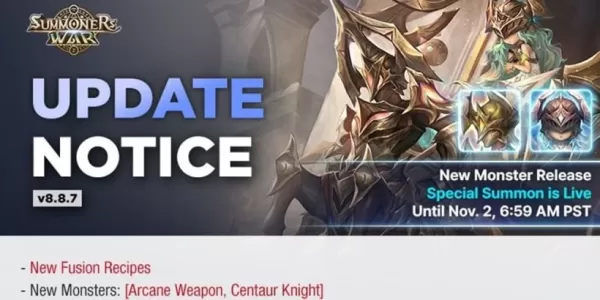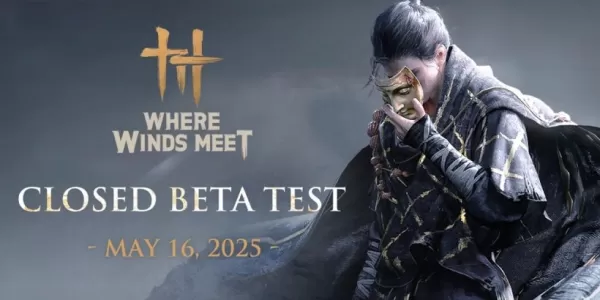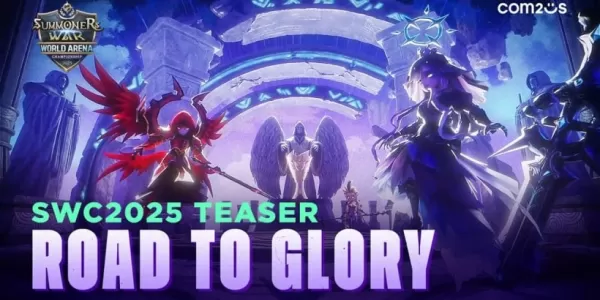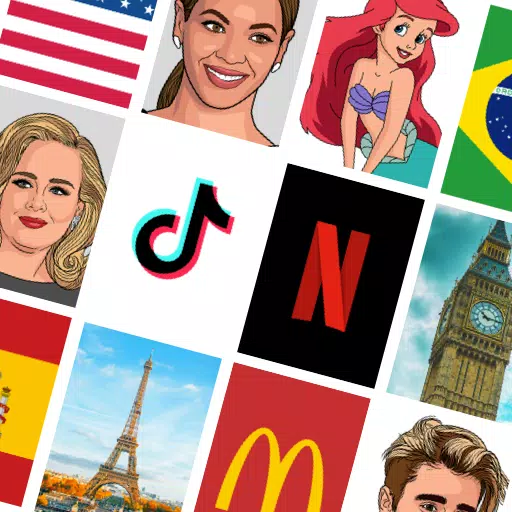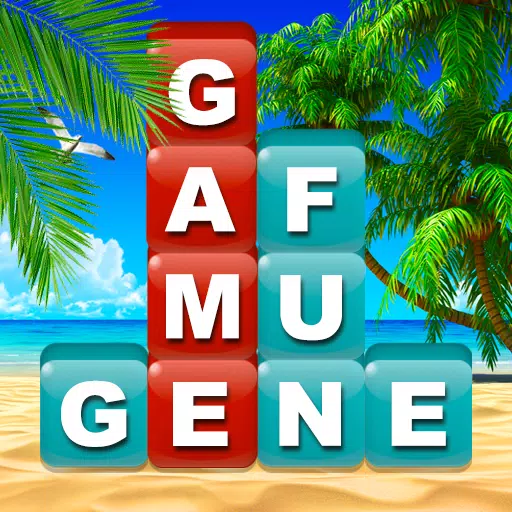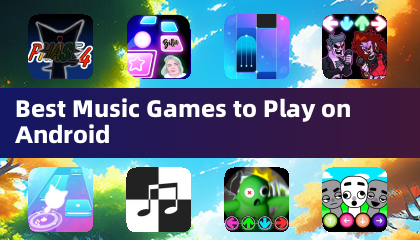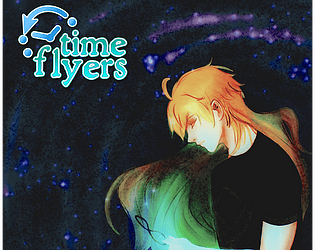Microsoft's recent unveiling of an AI-generated interactive space inspired by Quake II has ignited a heated discussion across the gaming community. The demo, which leverages Microsoft's Muse and the World and Human Action Model (WHAM) AI systems, promises real-time gameplay visuals and simulated player behavior, creating a playable environment without a traditional game engine.
According to Microsoft, this tech demo uses Copilot to dynamically generate gameplay sequences that echo the classic Quake II experience. Each player input prompts the AI to craft the next moment in the game, mimicking the responsiveness of a conventional game engine. Microsoft positions this as a pioneering step towards future AI-powered gaming experiences.
Despite the ambitious claims, the demo has received mixed reactions. When Geoff Keighley shared a video of the demo on social media, the response was predominantly negative. Critics on platforms like Reddit expressed concerns over the future of gaming, fearing that AI-generated content could dilute the human creativity that defines the industry. Some users lamented the potential for studios to prioritize AI-generated content over human-made games, predicting a future where "AI-generated slop" becomes the norm.
However, not all feedback was negative. Some commentators recognized the demo's potential as a tool for early game concept development and praised the technical achievement of creating a coherent and consistent AI-generated world. They acknowledged that while the current demo may not be playable or enjoyable in its present form, it represents significant progress in AI technology and could influence other fields.
The debate around this demo comes at a time when the gaming industry is grappling with the broader implications of generative AI. Recent layoffs and the use of AI in game development, such as Activision's use of AI for assets in Call of Duty: Black Ops 6, have fueled discussions about ethics, rights, and the quality of AI-generated content. The industry's mixed experiences with AI, exemplified by Keywords Studios' failed attempt to create a game entirely with AI, underscore the challenges and opportunities that lie ahead.
As the conversation continues, the gaming community remains divided on the role AI should play in the future of gaming. While some see it as a threat to creativity and quality, others view it as a tool that could enhance and innovate the gaming experience.

